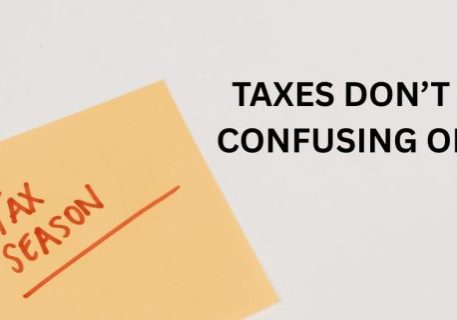
Any small-business owner could attest that everyone needs a break sometimes. And the holiday season may provide an opportunity to take a few days (or longer) for yourself—whether traveling, spending time with the family, or simply sitting at home and decompressing.
However, you do not want to risk alienating your customers or clients by shutting down your business entirely. You may wonder how things run in your absence if you have not taken many (or any) long periods off. How do you take time away from your business without stressing about it? The answer lies in automation, communication, and boundaries.
Automate Your Business
From scheduled social media posts to email autoresponders, you may take several steps before taking time off to create the appearance of still being responsive. The more you are able to automate and set up before your time off, the more quickly you may be able to unplug and relax.
Communicate with Clients
The last thing you want is for clients or customers to show up only to find your business closed without notice. Taking a few steps during the weeks before your time off may give your customers advance warning that you are planning to be unavailable. You may encourage them to get in any last-minute orders or requests before your time off.
Here are some ways you may want to communicate with your clients:
- On the same channels your customers use to contact you—email, text, blog posts, or social media accounts—post information about when you plan to be gone, when you plan to return, and whether you plan to respond to email or messages in the interim.
- If there is someone else you want customers to contact in your absence, introduce this person on your channels and provide their contact information.
- Before you leave, send out a “last call” to clients. Is there anything you may help them with before leaving? Anything that may be likely to come up during the break? Being proactive may help avoid any last-minute emergency requests.
Create a Contingency Plan
If you want time off where you truly unplug, you need to make a contingency plan. Having a Plan B and a Plan C and communicating these plans to those who run the business in your absence may help manage the risk that something may come up that requires contacting you. Fortunately, the more breaks you take from your business, the easier it may be to utilize these tips.
Important Disclosures:
The opinions voiced in this material are for general information only and are not intended to provide specific advice or recommendations for any individual.
This article was prepared by WriterAccess.
LPL Tracking #1-05337702.
Other Articles You Might Like...



